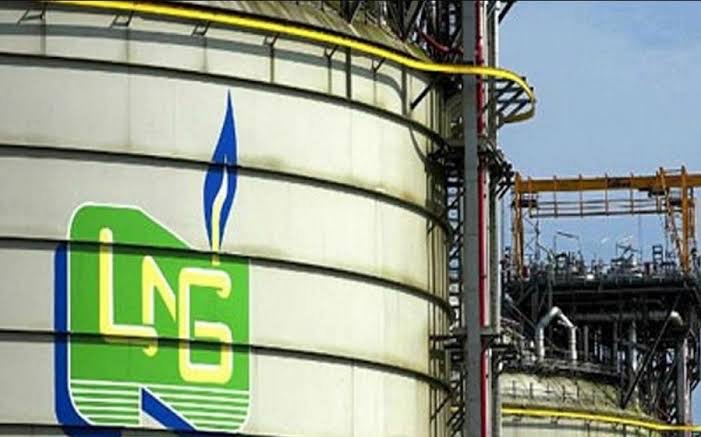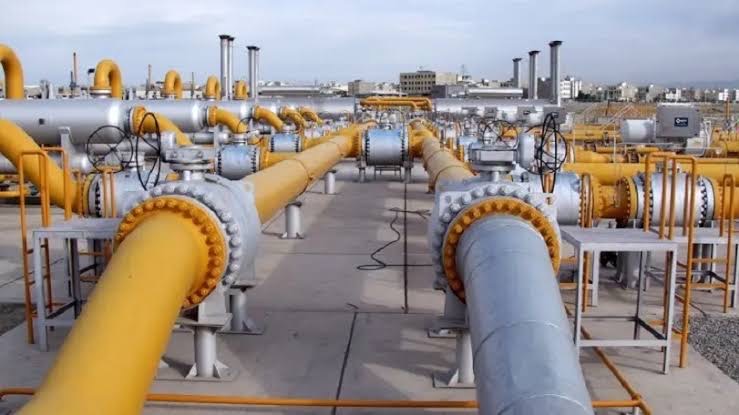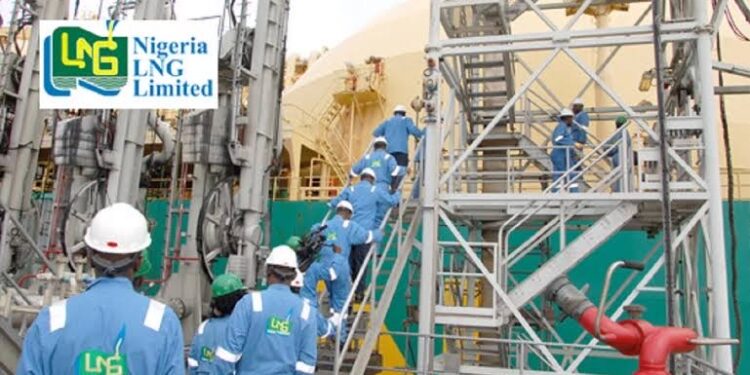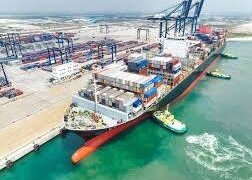Nigeria’s liquefied natural gas (LNG) export industry is facing a major setback as exports fall by 13% due to a shortage of raw materials. According to the International Gas Union (IGU) in its latest World LNG Report 2024, LNG sales from Nigeria fell 13% from 15.1 million tonnes in 2022 to 13 million tonnes in 2023.
This development saw the West African country slip from sixth to eighth place, losing its spot to Indonesia and Algeria, which exported 15.6 million tonnes and 13 million tonnes of gas respectively last year.
“Nigeria continued to suffer from force majeure and reduced feed gas volumes due to interruptions in the pre-production phase, resulting in a decline in exports of 1.55 tonnes,” the IGU said.
The root cause of the problem is the dwindling supply of natural gas available for liquefaction. The raw material shortage is believed to be due to several factors, including reduced production due to aging oil fields and vandalism to pipelines that disrupt gas transportation.

According to the IGU, in October 2022, Nigeria LNG declared force majeure for some cargoes. This was initially due to extensive flooding in offshore gas-producing areas that forced the closure of several gas-production wells.
“Although the flooding has subsided, raw material supplies have yet to be restored due to vandalism to pipelines.”
The situation is severely impacting Nigeria. The LNG industry is the country’s main source of revenue, and a decline in market share means a significant loss of revenue. Moreover, this decline could potentially lead to job losses and hinder economic growth.
In 2023, NLNG is set to pay dividends of over $40 billion, 49% of which went to the Federal Government of Nigeria, thanks to its shares in the company through the Nigerian National Petroleum Corporation (NNPC) Limited.
“55 to 60 percent of this payment goes to the Federal Government of Nigeria through its shareholding in NNPC Limited,” the company said.
“Some of the main reasons for the decline in gas exports and production are the security and vandalism of gas infrastructure, which often causes significant losses and disruptions to production,” said Ayodele Oni, Partner at Bloomfield LP.
He further added, “There has also been a significant decline in investment in the gas sector due to the withdrawal of some of the major International Oil Companies (IOCs). “Poor gas infrastructure is also a contributing factor to the decline in gas production capacity.

The shift by some IOCs from domestic and shallow water to deep water fields, requiring domestic companies to assume significantly more responsibility, has also been cited as a factor in the decline in gas exports and production.
“The ability to gain a foothold in the export market will depend on overcoming challenges such as vandalism, force majeure, and inadequate infrastructure.
The Nigerian government is under pressure to address the raw material shortage urgently. Solutions could include increased investment in gas exploration and infrastructure development to ensure a stable supply of LNG production.
In March, Ekperipe Ekpo, Minister of State for Petroleum Resources (Gas), said serious efforts were underway to resolve the gas supply crisis to LNG production and distribution companies.
Ekpo at the same time reiterated his commitment to bolstering domestic gas supplies while ensuring a sustainable increase in gas production and supply. He highlighted the government’s proactive measures to address energy challenges and meet growing needs.
His remarks came amid growing concerns over energy security and underscored the government’s commitment to improving the availability and reliability of gas resources for domestic and industrial consumption.
“I am impressed with what I have seen here today. We are moving towards zero emissions and we must do all we can to provide gasoline to Nigerians”, Ekpo said.


































